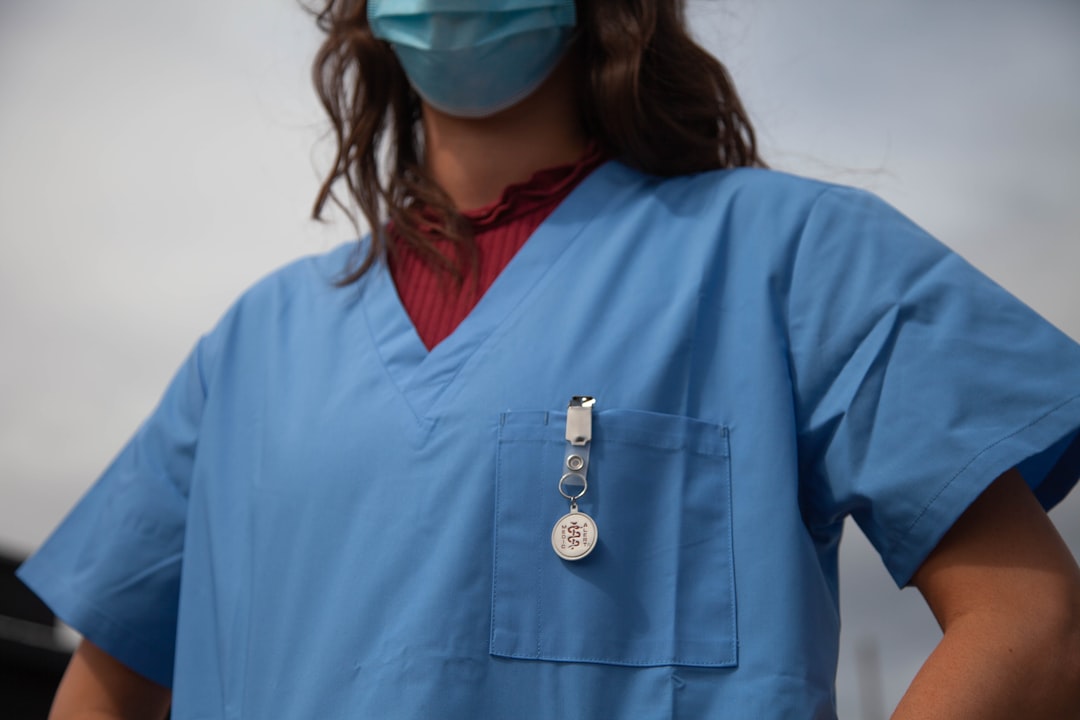Every parent dreams of having a healthy baby, but it’s not always the case. Birth defects occur in about 1 in every 33 babies born in the United States. These abnormalities can affect how the baby’s body structures form and function. Birth defects can cause lifelong disabilities and health problems for their child.
A birth defect can occur in any part of the body, and can affect how the body looks, works, or both. Some birth defects such as a cleft lip or palate are easily recognizable at birth, while others such as heart defects may not be discovered until later.
Many factors can increase the risk of birth defects. Some of these include genetics, lifestyle choices, and exposure to environmental factors. Genetic causes are those that are inherited from the parents, and cannot be prevented. However, certain lifestyle choices can increase the risk of birth defects. For example, smoking, drinking alcohol, and drug use during pregnancy can increase the risk of various birth defects.
Environmental factors such as exposure to chemicals, radiation, and infections can also increase the risk of birth defects. Pregnant women should avoid exposure to harmful substances, including certain medications, chemicals, and viruses. Proper prenatal care and screening tests can help detect many birth defects early in pregnancy.
Sometimes, birth defects occur as a result of a combination of factors. For example, a baby may be born with a heart defect due to a combination of genetic and environmental factors. It’s important to remember that in most cases, the cause of birth defects is unknown. With that said, it’s essential to be vigilant and take steps to prevent birth defects if possible.
It’s essential to get early and adequate prenatal care if you’re pregnant. This includes regular checkups with a healthcare provider, getting enough folic acid, and staying healthy. Early detection and treatment of many birth defects can help improve outcomes for children and their families.
There are many types of birth defects, and here are some common ones:
- Heart defects: These are abnormalities in the structure and function of the heart. They can range from mild to severe, and may require surgery or other medical procedures.
- Spina bifida: This is a type of birth defect where the spinal cord doesn’t form correctly, leading to nerve damage. This can cause paralysis and other health problems.
- Cleft lip and palate: This is a birth defect where the lip or palate doesn’t form correctly. This can lead to difficulties with feeding, speaking, and hearing.
- Down syndrome: This is a genetic condition caused by an extra chromosome. It can cause intellectual and developmental disabilities, as well as health problems such as heart defects.
- Clubfoot: This is a birth defect where the foot and ankle are twisted or pointed inward. It can be corrected with treatment, but can cause mobility problems if left untreated.
Birth defects can cause significant lifelong problems for a child and their family. While some causes of birth defects cannot be prevented, there are steps that pregnant women can take to reduce the risk of birth defects. Getting early and adequate prenatal care and avoiding harmful substances can help prevent many birth defects. Early detection and treatment can also improve outcomes for children with birth defects. If you or a loved one has a child with a birth defect, seek medical care and support as soon as possible.











